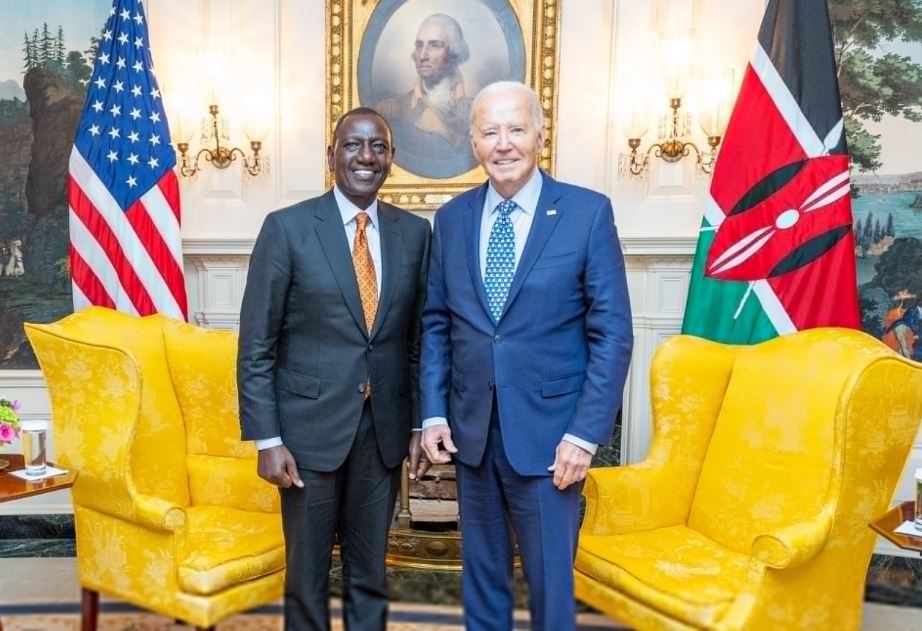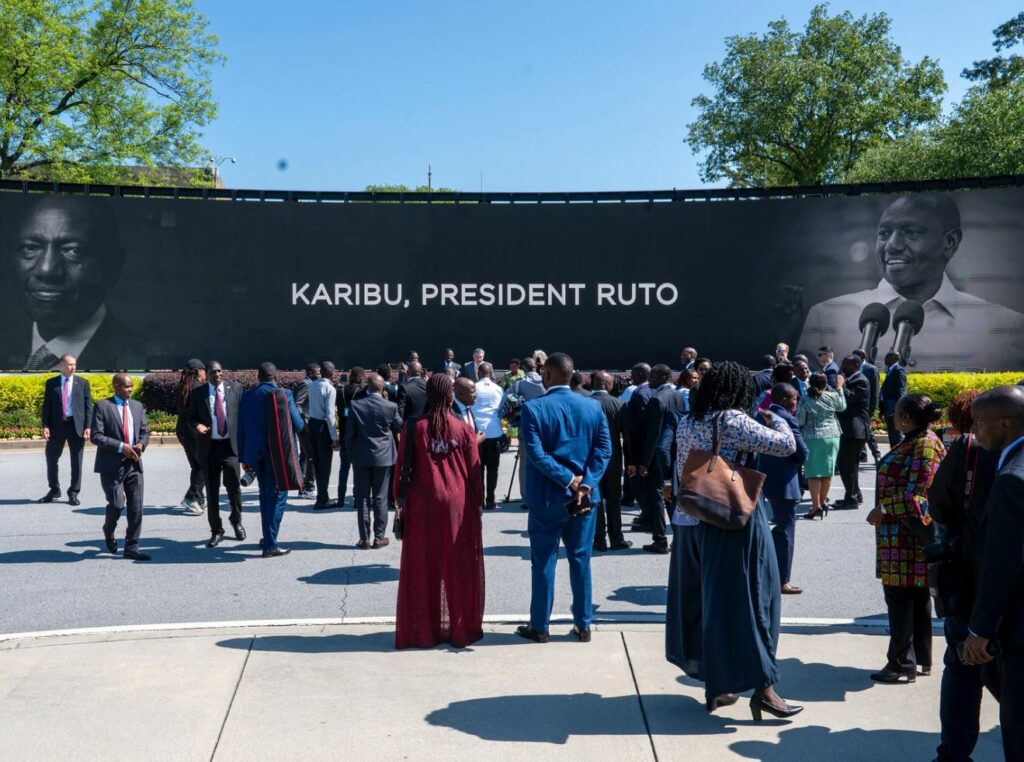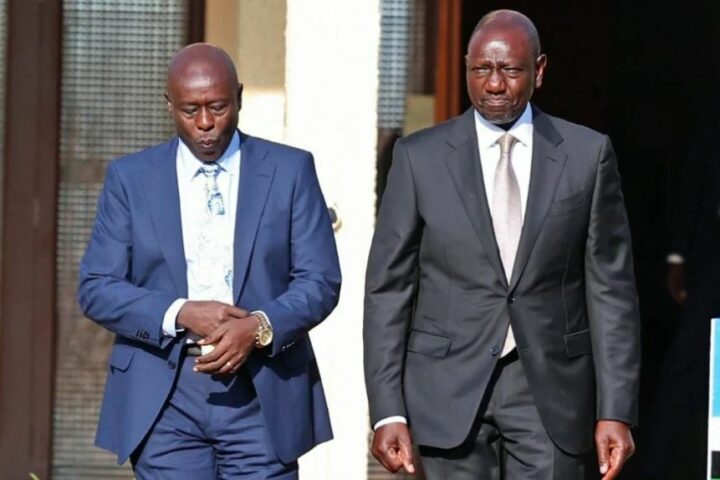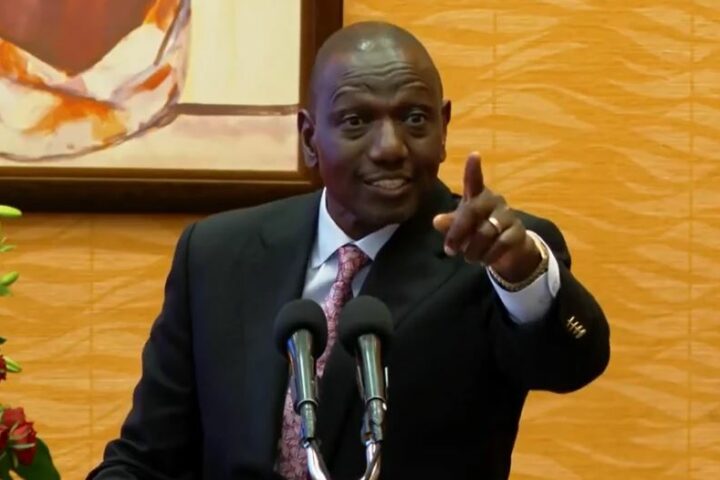
This move would mark Kenya as the first sub-Saharan African nation to receive this status, highlighting Washington’s intention to strengthen its ties with the East African country, which has also historically maintained close relations with Russia and China.
The announcement is set to make Kenya only the 4th African country with this designation, after Egypt, Tunisia and Morocco.
On Wednesday, Biden welcomed Ruto to the White House, where they participated in a meeting with business executives. Biden mentioned his plans to visit Africa in February, post the U.S. presidential election. This of course is conditioned on him winning a second term as US president later this November.
The two leaders are scheduled to meet again in the Oval Office on Thursday, followed by a joint news conference and a state dinner. Senior administration officials indicated that their discussions would cover a broad spectrum of topics, including trade, debt relief, and international issues concerning Haiti, Ukraine, and Sudan.
Technology and Investment Initiatives
On Wednesday, Biden and Ruto announced the beginning of a new era in technology cooperation between the U.S. and Kenya. This collaboration will focus on cybersecurity, artificial intelligence, and semiconductors.
Alongside this, the U.S. International Development Finance Corporation (DFC) will announce $250 million in new investments in Kenya, expanding its portfolio in the country to over $1 billion. These initiatives underscore both nations’ commitment to ensuring technology advances in a manner that supports transparency, accountability, and human rights.
Kenya’s burgeoning technology sector, often referred to as “Silicon Savannah,” is a key focus of this partnership.
The technology hub hosts over 200 startups across various sectors, including clean energy, microelectronics, financial technology, and e-commerce. Participants in the meetings included representatives from Alphabet, Baylis Emerging Markets, BasiGo, Teneo, and Gearbox Software. Additionally, Washington plans to establish a new semiconductor partnership with Kenya and is working with Congress to enable Kenya to benefit from the U.S. CHIPS and Science Act of 2022.
Context and Implications
Kenya’s designation as a major non-NATO ally is particularly significant as the country prepares to deploy forces to Haiti as part of a U.N.-led mission to address the security crisis in the Caribbean.
This status, granted by the United States to close, strategic partners outside of NATO, will formalize Kenya’s growing alignment with U.S. interests, especially in security and defense.
Gyude Moore, head of the Africa Initiative at the Center for Global Development, emphasized Kenya’s reliability as a U.S. partner, contrasting it with South Africa’s more independent foreign policy stance.
Cameron Hudson, a fellow at the Center for Strategic and International Studies, noted that this designation reflects a significant shift in Kenya’s alignment towards the U.S., particularly evident in their increased cooperation on Somalia.
The White House has not yet issued an official comment on the designation. However, the expected announcement underscores a deepening of U.S.-Kenya relations, with significant implications for trade, technology, and security cooperation between the two nations.








